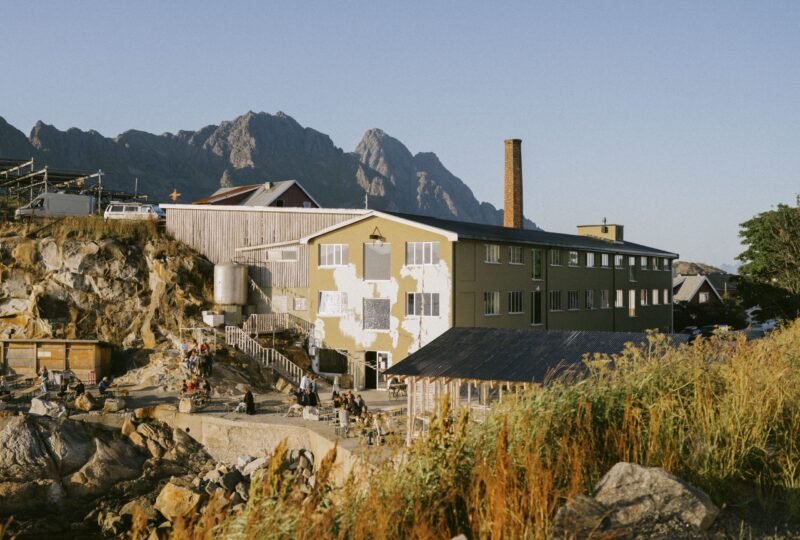City Quitters: Creative Pioneers Pursuing Post-Urban Life
Author Karen Rosenkranz interviewed more than 20 creatives who have left the city to start a new life in the countryside. City Quitters explores how a creative post-urban existence can look like in places with less than 10,000 inhabitants and give people a platform to tell their stories.
Whilst all so-called pioneers had a common desire to leave the city, their approaches to a meaningful rural future differ. Some still keep a connection with urban life while others have left it behind completely. There are individuals who seek a more self-sufficient lifestyle for their families as well as people looking for solitude far from civilization. However, the more relatable stories are about those who have succeeded in finding their new creative role within rural communities.

These individuals gained valuable knowledge about marketing and entrepreneurship through professional urban experience, which enabled them to start their own successful business outside of the city. You can read about creative pioneers that are harvesting and selling their own produce, engaging in traditional crafts or opening new gathering spaces. Not only did they create a new career perspective for themselves but they also revived the towns and villages they now call home. Some former urbanites even inspired others to follow them on this rural adventure.
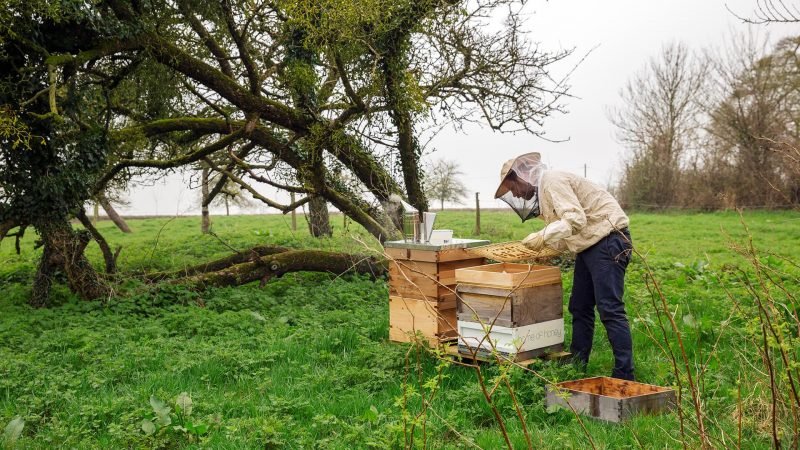
Though many city quitters mention that the overload of notifications and input have sparked their desire to leave their stressful urban life behind, we need to acknowledge that digital communication made it possible for them to relocate in the first place. Whilst being able to continue working remotely for clients in the city, they can now better balance life and work and therefor regularly connect with nature instead of Wi-Fi.
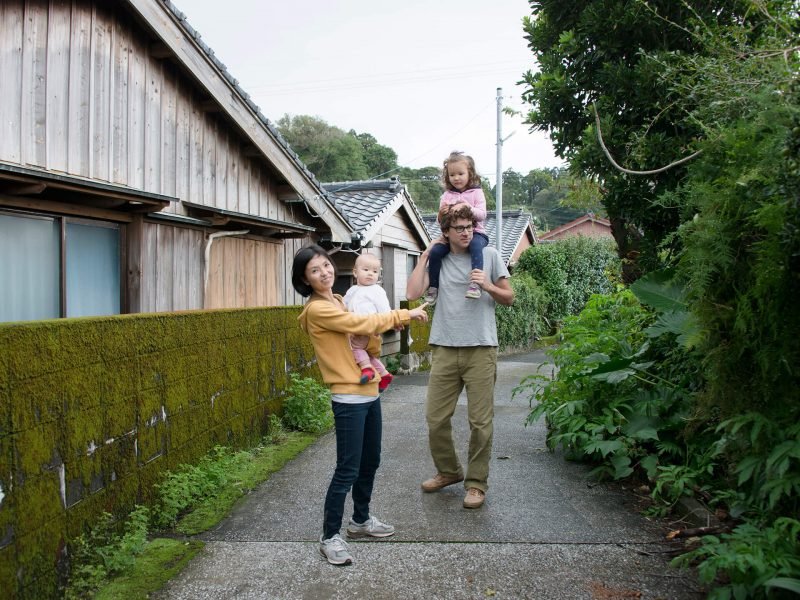
When browsing through their stories, it appears that the majority of pioneers didn’t start their adventure completely on their own. Most of them moved together with a partner or their family. According to some, having children, running a physical business or having existing family roots are the best ways of connecting to the local community. But the struggle to find other like-minded people or a significant other in a rural environment remains unanswered in most interviews with individuals.
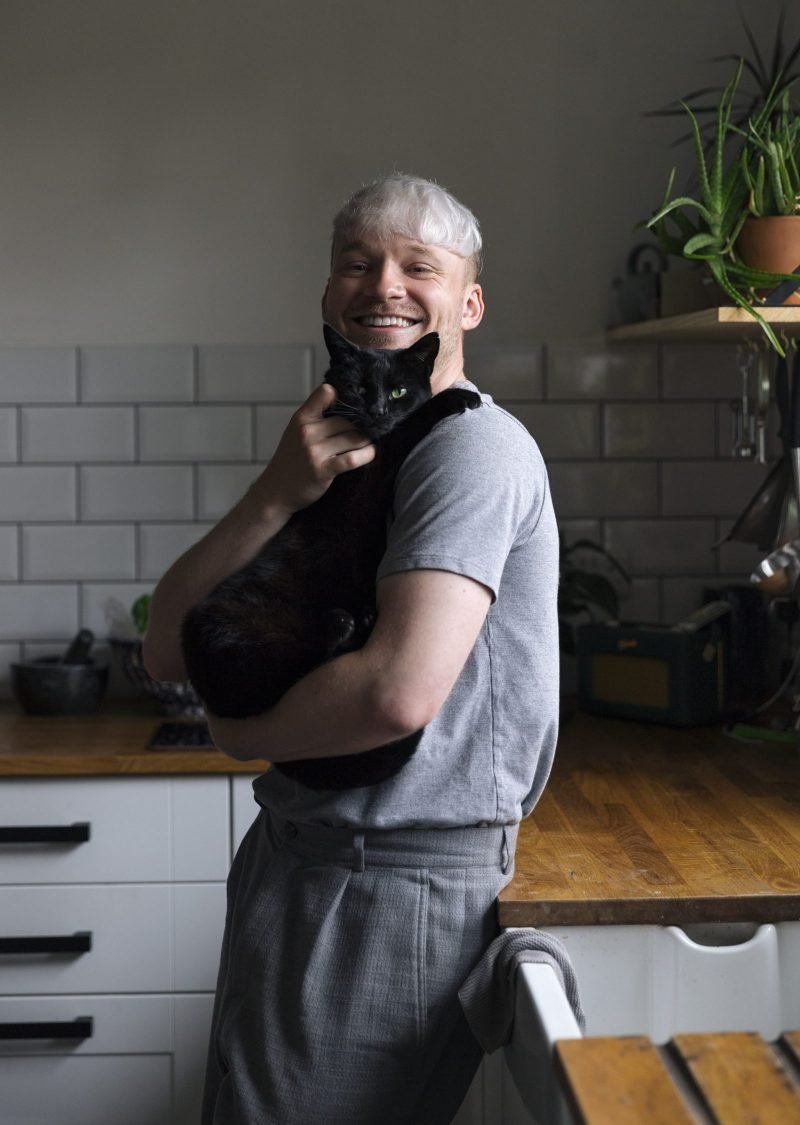
Only the story of photographer Luke puts into focus the difficulties one can have when moving to a rural village. He suffers from an age gap and less social diversity: “Being gay in the middle of nowhere is like social suicide. I want to be with someone who is inspiring me (…) and I’m not going to find that here.” Luke’s story remains one of the few that discusses the challenge of finding creative freedom, but no close relationships in a small village. His situation might actually resemble a fear of many 20 to 30-year-olds who are thinking about moving out of the city.
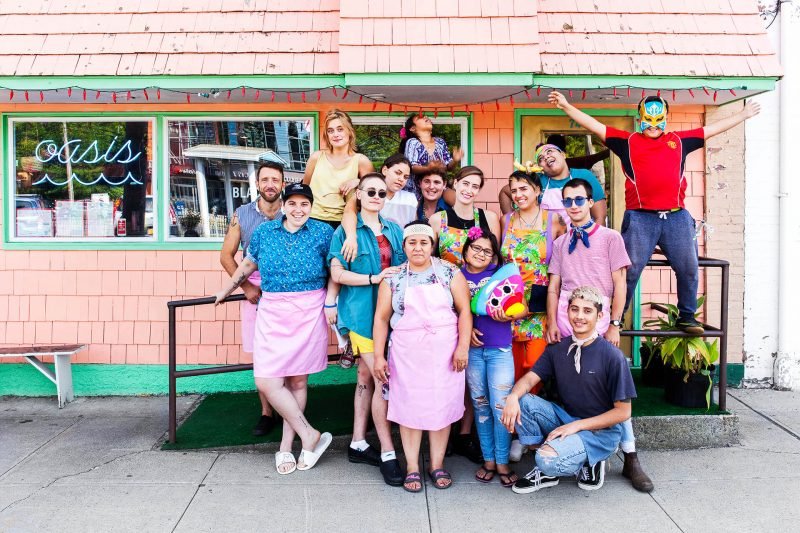
Two young female entrepreneurs might have found the secret ingredients to happily blend into a small town. Carla and Hannah bonded over their passion for food and art, which led to opening up a restaurant in Hudson, a two-hour car ride away from New York City. The restaurant also doubles as their studio space where the women host events and collaborate with other local creatives. “People have more time to say ‘yes’ to things!”, says Carla about the community in Hudson. “It was important to us not just be this hipster and artsy place but to be open and available to people that have been here longer than us,” concludes Hannah and if you have a look at the picture above, you really see they found where they belong.
City Quitters: Creative Pioneers Pursuing Post-Urban Life
Editors: Frame Publishers
Release Date: February 2019
Format: 20,3 x 25,4 cm
Features: Full color, softcover, 256 pages
Language: English
ISBN: 978-9492311313
